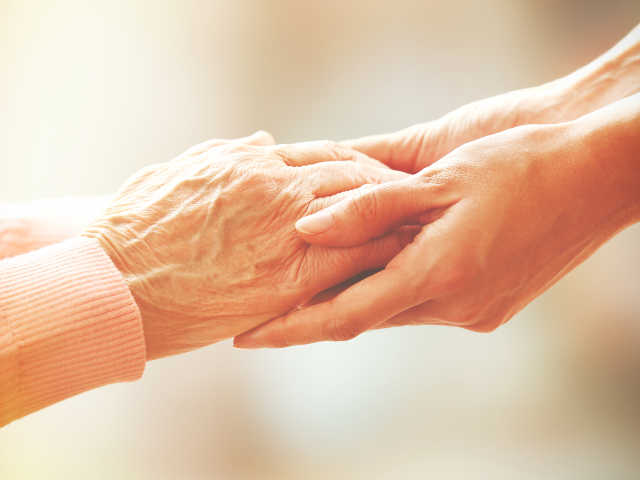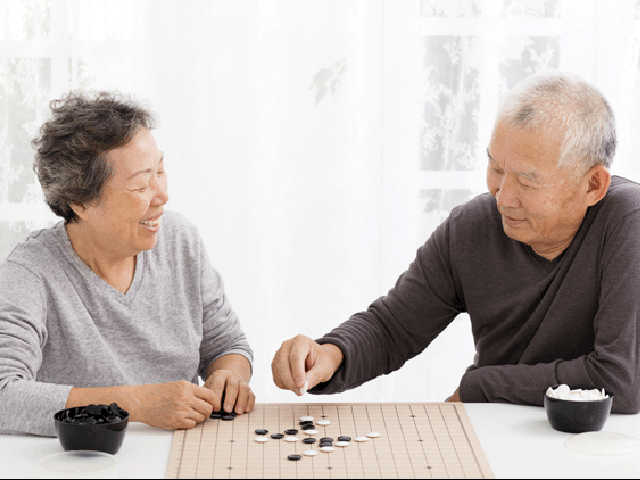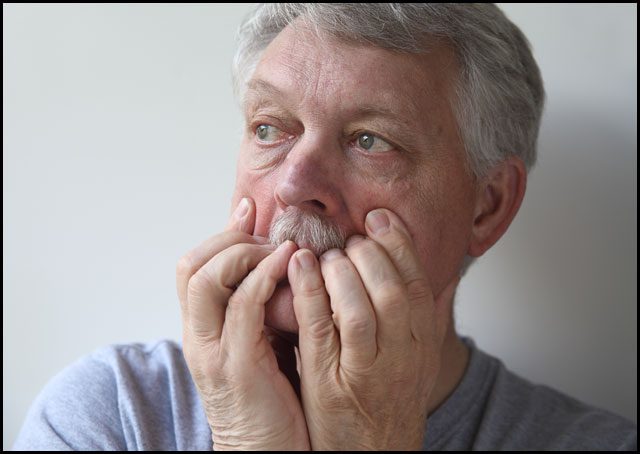-
Palliative, Not Terminal, Care
When most people hear the term “palliative care,” they immediately think of care for terminal patients. But that is not always the case. The basic thing about palliative care is that it is an approach that combines several disciplines in providing specialized medical care for seriously ill patients. The object of the care is to improve the quality of life for the patient. Taking Care of Serious Illness Palliative care is often applied to patient care that does not focus on providing cures. It is combined with other treatments, but the palliative care looks toward management of symptoms, and giving social and psychological, even spiritual, support to the patient and…
-
Hospice Care Is Better Than Aggressive Treatment. Here’s Why
End of life decisions can be difficult for the entire family. It’s hard to know how to choose between aggressive treatment to battle the disease and hospice care that makes the patient’s last days more comfortable. With help from a new study, patients and their families may find it easier to make an informed decision. The study measured the satisfaction that families expressed about end-of-life care when an elderly relative was diagnosed with cancer, and later died of the disease. The results were surprising to many observers in the media, but not to caregivers who provide hospice care. That’s because home health care aides are more attuned to the wants…
-
Taking Care of Seriously Ill and Terminal Patients
Many families who are facing taking care of terminally ill loved ones, have to make difficult choices about caregiving services for the last months and weeks of the loved one’s life. Other families have to consider how to take care of a loved one who has an on-going major illness for which there may be no cure. The value of quality care for this challenging period is very important for both patient and family. Knowing that loved ones may be facing their last days inspires family and caretakers to give the patient the greatest comfort possible, both physically and psychologically. Impersonal Institutional Care Until the 1970s, there was not very…











